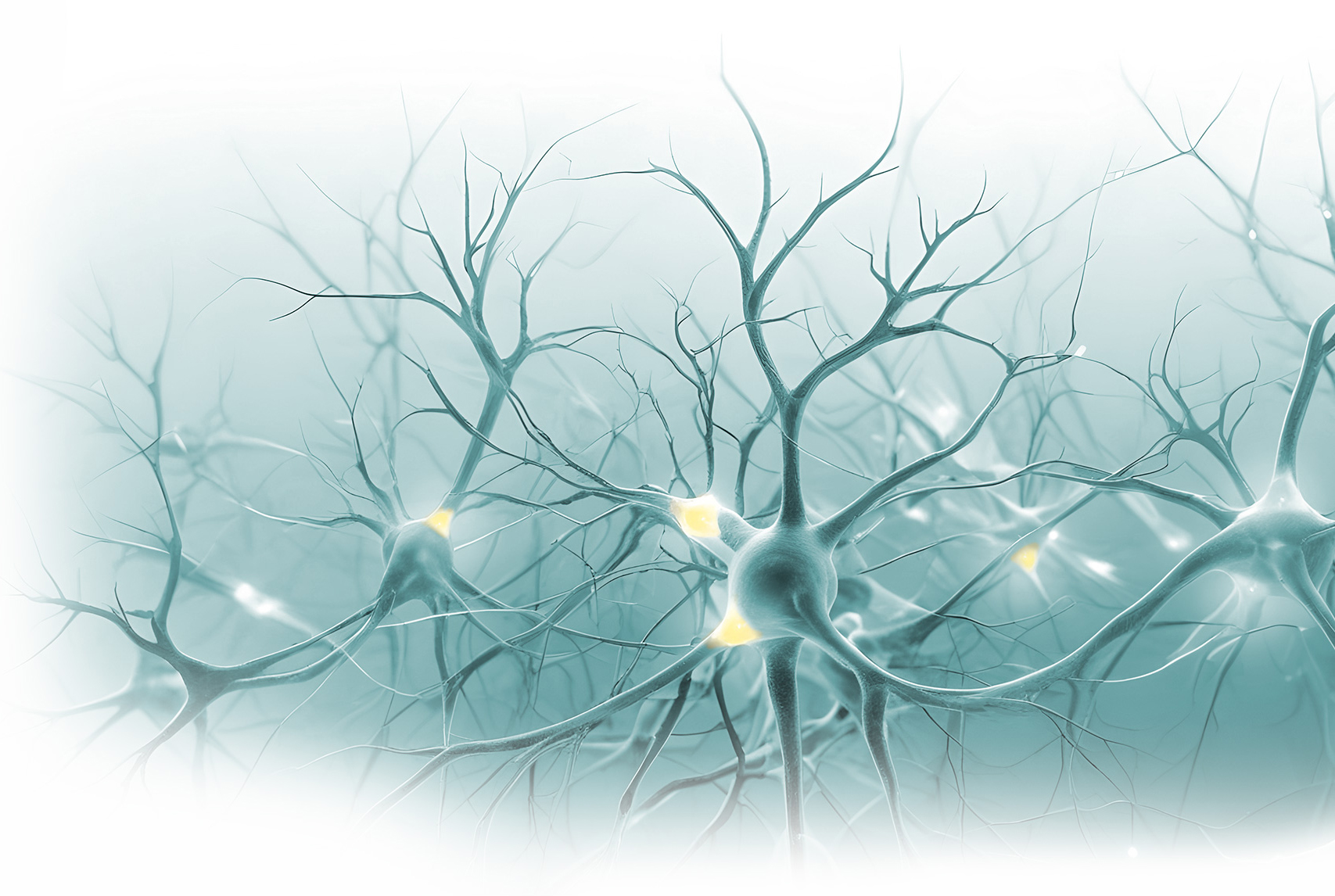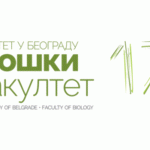Intermittent theta-burst stimulation (iTBS), a specific repetitive transcranial magnetic stimulation (rTMS) protocol, provides painless and non-invasive brain stimulation and has shown promising therapeutic effects on a variety of neurological and neuropsychiatric disorders in both animal and clinical studies. Nevertheless, the underlying mechanisms by which iTBS exerts its efficacy and produces lasting effects are still largely unknown limiting understanding of the therapeutic benefits and potential optimization of the protocol.
CEREBRO was designed according to the principles of discovery-based science and aims to comprehensively describe and characterize the acute, sub-chronic, and after-effects of iTBS on the composition of the secretome in the prefrontal cortex (PFC) of adult male Wistar rats. The first experimental step will involve large-scale screening and profiling of the protein components of the PFC tissue secretome. The second step and also the scientific core of the CEREBRO project will be the characterization of the changes in the composition of interstitial brain fluid (IBF), such as the alterations in different neuro(glio)transmitters, growth factors, cytokines/chemokines and other molecules, using the state-of-the-art methodological approach, the cerebral open-flow microperfusion. The ambition of the CEREBRO project is to provide important insights into the complex interplay between iTBS and brain neurochemistry which are essential to appropriately optimize the existing protocol and understand the therapeutic benefits already reported, but also pave the way for new therapeutic implications. The results of the project will represent a novel research breakthrough in understanding the mechanism of iTBS action by establishing a unique temporal neurochemical profile of the IBF secretome.



